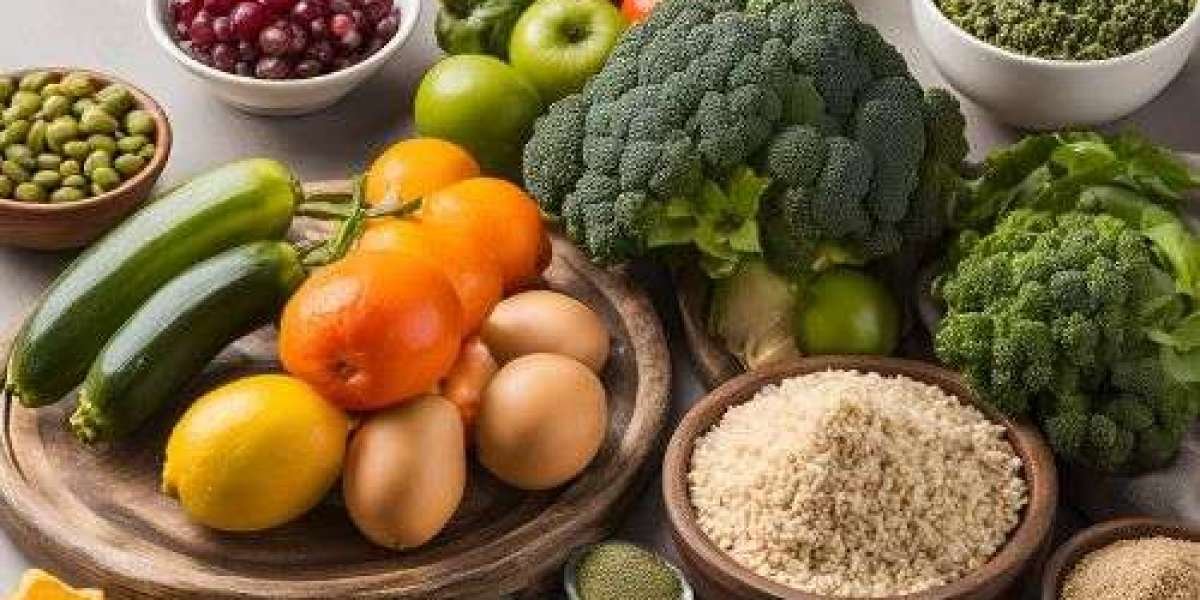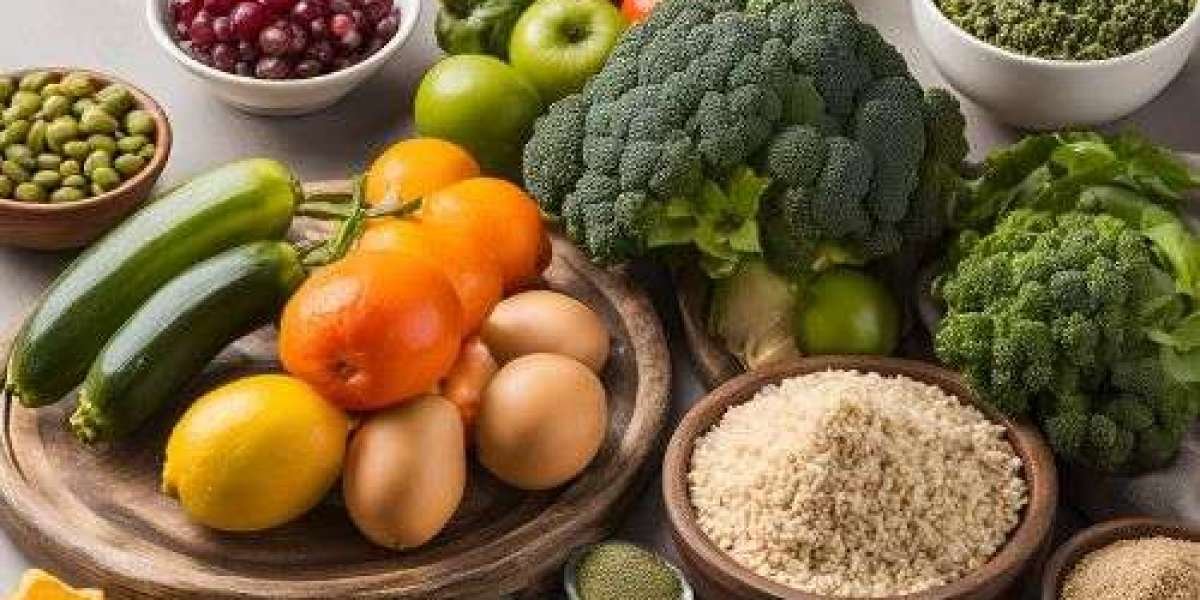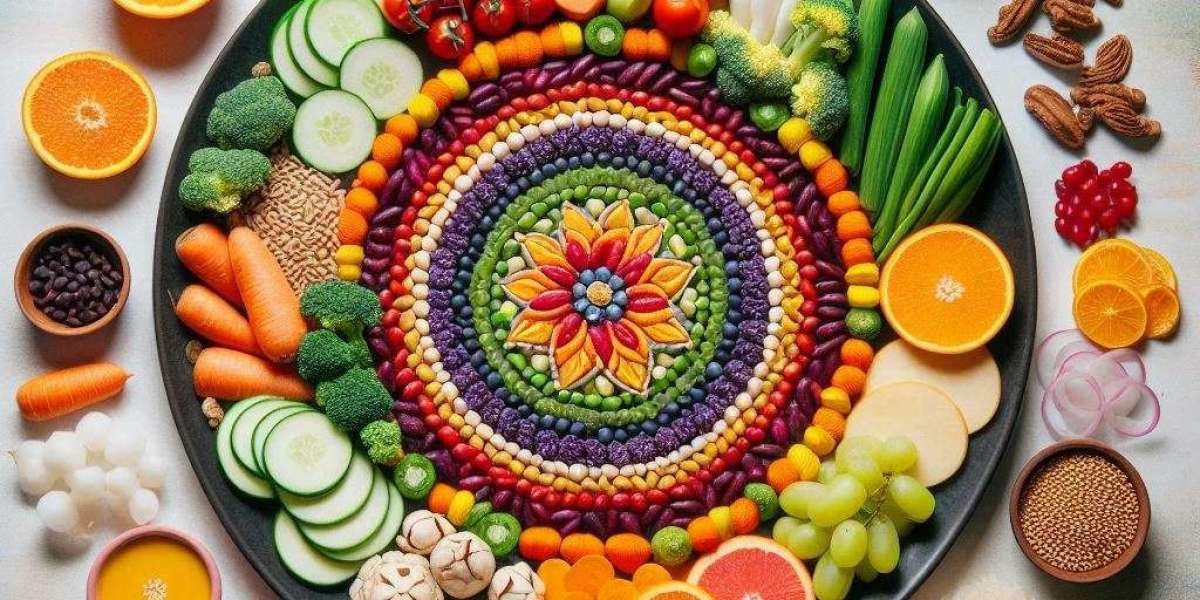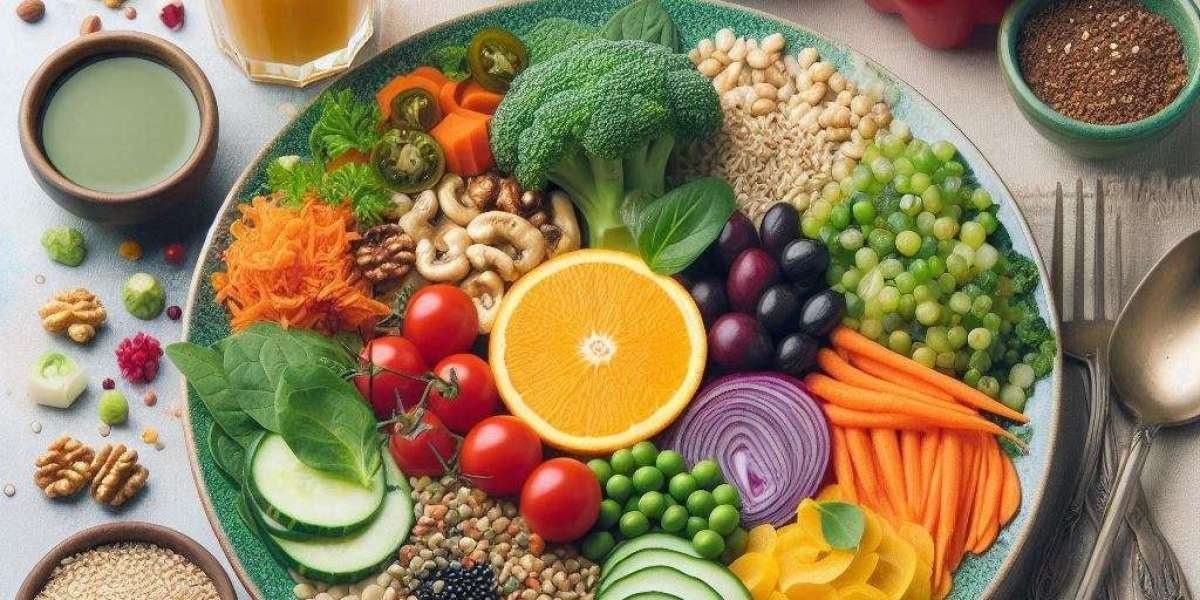Jainism is an ancient Indian religion that emphasizes non-violence, ahimsa, and the preservation of life. These principles extend to the Jain diet, which is characterized by strict restrictions on certain foods. In this comprehensive guide, we will delve into the intricacies of the Jain diet, exploring what is forbidden, what is allowed, and how to follow a Jain diet effectively.
What is the Jain Diet?
The Jain diet is primarily vegetarian, but it goes beyond that. Jains adhere to a strict set of dietary restrictions that are rooted in their belief in non-violence and the preservation of life.
Forbidden Foods
Jains are prohibited from consuming the following foods:
- Meat: Jains do not eat any type of meat, including beef, chicken, pork, fish, and seafood.
- Root Vegetables: Jains generally avoid root vegetables, as they believe that harvesting them can harm living organisms.
- Onions and Garlic: These vegetables are considered to be stimulants and are therefore avoided.
- Honey: Honey is considered to be a byproduct of animal cruelty and is not consumed by Jains.
- Five Senses: Jains avoid foods that are cooked or stored in containers that have come into contact with the five senses (eyes, ears, nose, tongue, and skin). This includes food cooked in utensils that have been used to taste food or that have touched the body.
Allowed Foods
Jains are generally allowed to consume the following foods:
- Fruits: Most fruits are allowed, except for those that grow underground, such as potatoes, onions, and garlic.
- Vegetables: Jains can eat most vegetables, except for root vegetables.
- Grains: Grains like rice, wheat, and corn are allowed.
- Legumes: Lentils, beans, and peas are considered Jain-friendly.
- Dairy Products: Jains can consume milk and dairy products, but they must ensure that the products are cruelty-free and do not contain animal rennet.
- Spices and Herbs: Most spices and herbs are allowed.
Following a Jain Diet
Following a Jain diet requires careful planning and attention to detail. Here are some tips for adhering to Jain dietary restrictions:
- Read Labels Carefully: Check food labels for ingredients that may be prohibited in Jainism.
- Cook at Home: Cooking at home allows you to have complete control over the ingredients used.
- Join a Jain Community: Connecting with other Jains can provide support and guidance in following the diet.
- Seek Professional Advice: Consult with a registered dietitian or nutritionist to ensure you are meeting your nutritional needs.
Conclusion
The Jain diet is a complex and nuanced dietary practice that requires careful consideration. By understanding the forbidden foods and allowed foods, and by following the guidelines outlined in this article, you can successfully adopt a Jain diet and align your dietary choices with your religious beliefs





